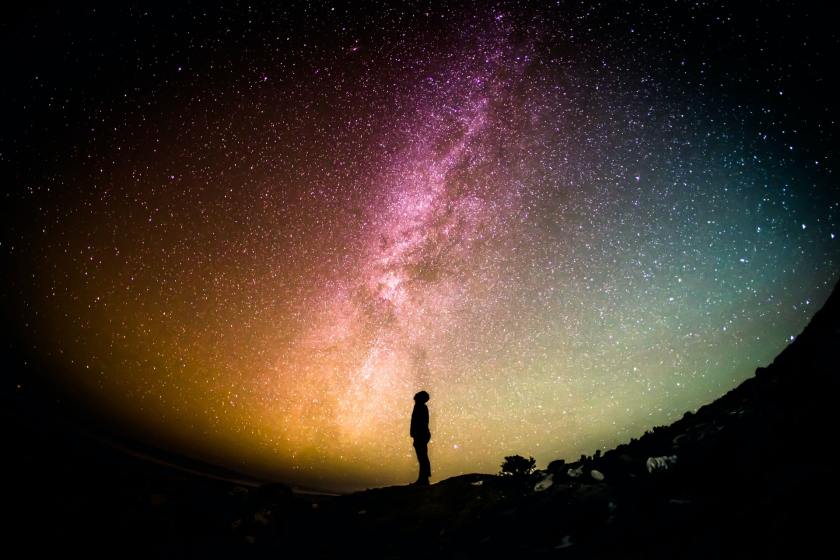
So this bugs me… and I can’t be the only one?
When ever there is advice on being healthy, there is the typical advice of going to bed early and wake up early. Indicating the only way to be healthy is to be a morning person? (if you don’t subscribe to the notion of morning larks and night owls then this might sound like bull to you from the start)
I’m not the picture of health but I think its something which needs a rethink?
It’s clear some people are morning people, some are night people. Heck some are evening & afternoon people. Equating this with health feels like lazy nonsense.
I understand in the age before electricity, indoor lighting and 24hour access to a lot of things (including gyms, travel, etc), it made sense that maybe healthy people fitted the profile of someone who went to bed during darkness and got the most sunshine during the day. However maybe things are different now? Especially now Owls can work the hours which fit their natural circadian rhythm. Surely the effect of trying to fit into a world made for Larks has a negative effect and so the amount of people who are healthy Owls will increase over future generations? Just a thought?

Maybe if I read the scientific papers, I might be convinced one way or another. Although this or this doesn’t help my case. Although… there is this and this ha!
But I’m more thinking about the perception of larks as the image of health, pictures of people doing yoga during the sunrise, etc. My nonscientific advice follows this one, should an owl try to turn into a lark?.
Whether you’re a lark or an owl, you still likely need seven to eight hours of sleep.
• If you don’t get enough sleep, what time you go to bed or rise won’t matter-you’ll still experience the side-effects, from depression to a lack of concentration to problems with coordination.
• If you break your natural sleep cycle by forcing yourself to get up early, you’ll be tired, less attentive, and not nearly as productive throughout the day.Something else to keep in mind: Not all “high-powered” people are early risers. Though we do hear stories about tycoons who don’t need more than four hours of sleep at night, these are the exception-not the rule.
Last year, scientists discovered that our skin cells may hold the clues to whether or not we are larks or owls. That’s right: you’re internal clock may be pre-programmed to be an early riser or late-nighter. So don’t mess with Mother Nature. Go to bed when you are tired, and get up when you are well-rested. Period.
This is consistent with everything I have read to date, also begging the question I answered at the start?
Of course I wrote this at night and published it at night.
Long live the night owls!
